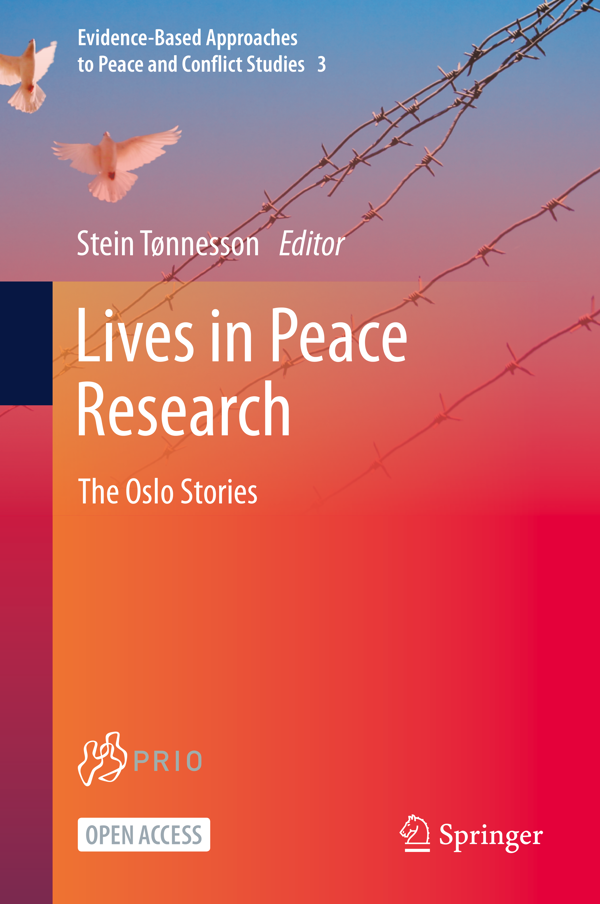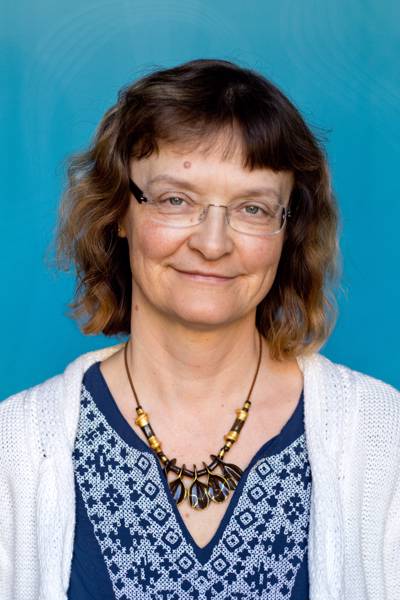When first arriving in Yunnan, China, the anthropologist Åshild Kolås (b. 1961) learned that the Tibetan county of Zhongdian had asked to change its name to Shangri-La. How this led to a reformulation of Tibetan culture became the topic of her doctoral thesis. This interview presents her memories of a life in peace anthropology. She deplores the tendency for academics to share their findings mainly with other academics and not with their local research participants.
This open access book explains how PRIO, the world’s oldest peace research institute, was founded and how it survived through crises. The Peace Research Institute Oslo (PRIO) is the world’s oldest independent peace research institute. In this book, a great number of its researchers and associates, including Johan Galtung, Ingrid Eide, and Mari Holmboe Ruge, who founded the institute back in 1959, tell the stories of their roles in inventing and developing peace research. They reflect on their personal experiences with peace and conflict, tell what drove their peace engagement, and discuss the balance sought in the field between the cold dictates from academic rigor and the hot pursuit of peace, a desire for research to make a positive difference. Most of the chapters are interviews where one colleague interviews another. Some are self-reflective essays, while others are memorial essays written about a peace researcher who has passed away. Taken together, the book presents a lively picture of a thriving world-leading research environment and a wealth of conflicting or mutually reinforcing perspectives on war, violence, conflict, conflict management and resolution, negotiations and mediation, peacemaking, peace building, and the contested concept of peace.








